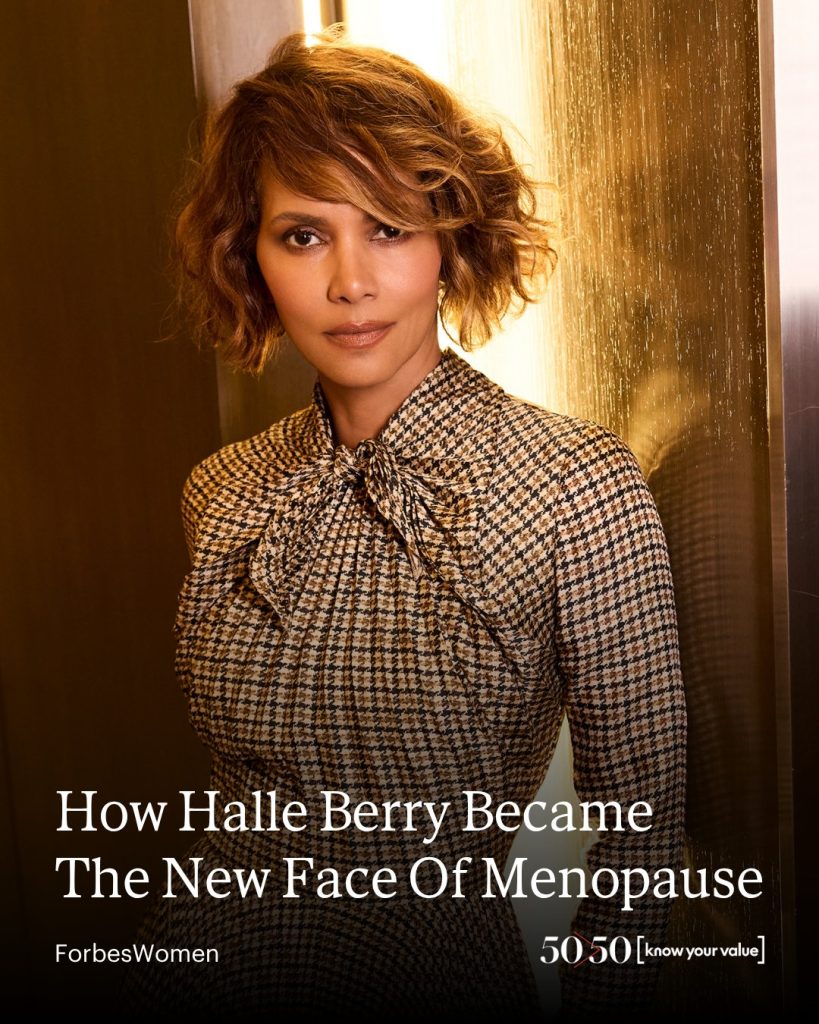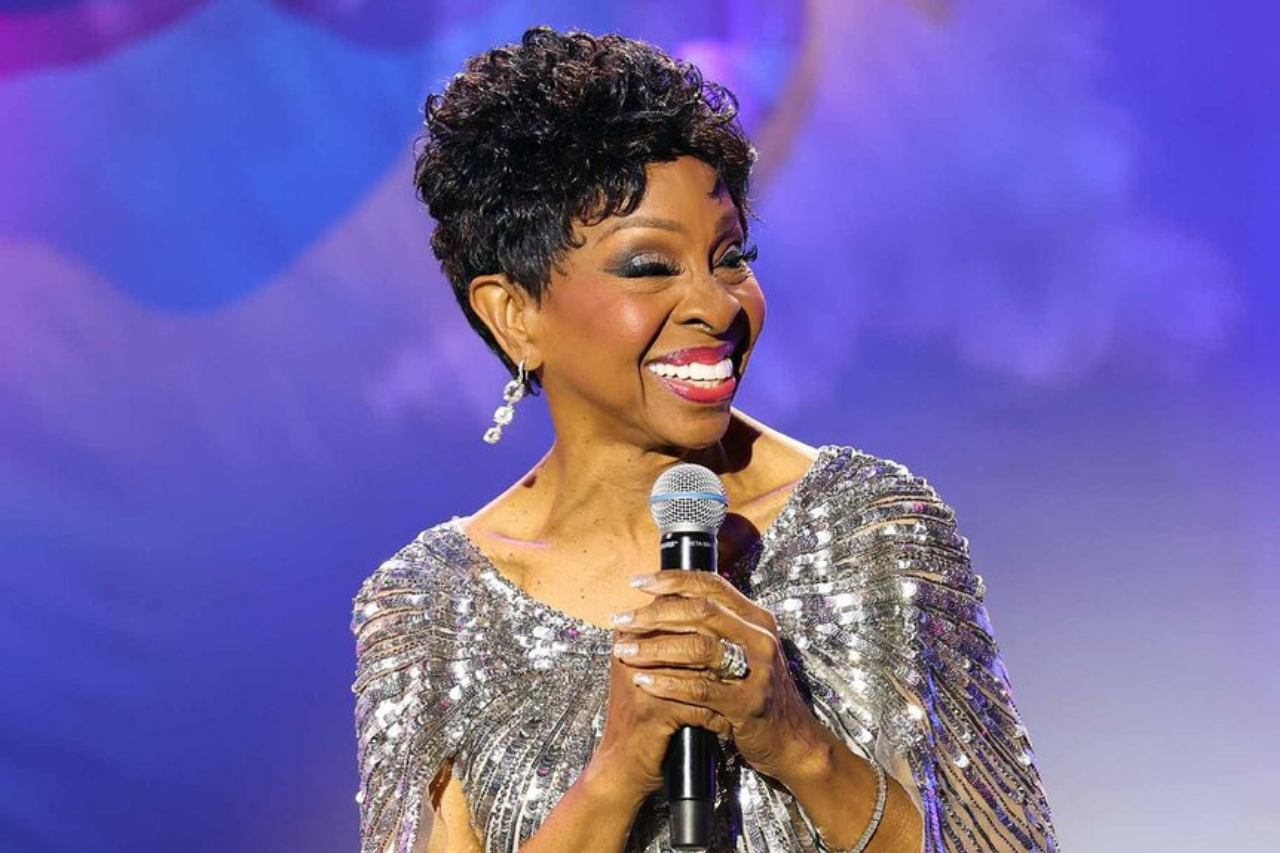
Halle Berry has joined Forbes’ 2025 50 Over 50 list, an annual celebration of women redefining achievement in their 50s, 60s, 70s, and beyond. It’s a fitting recognition for an Oscar winner who is using her cultural capital and her own health journey to push menopause out of the shadows and into the center of women’s health.
Now in its fifth year, the Forbes list spotlights 200 women across four broad categories, Impact, Innovation, Investment, and Lifestyle, who are building companies, moving policy, funding the future, and reshaping culture. Berry is recognized in the Lifestyle cohort, alongside founders and creators whose work influences how we live and care for ourselves
Berry’s inclusion isn’t just about Hollywood longevity; it’s about leadership in women’s health. Over the last two years, she has turned a deeply personal experience with perimenopause into public advocacy, candid media conversations, and a business built for midlife women. In 2025, she relaunched Respin as a menopause-focused brand offering education, community, and care pathways—an effort Forbes highlighted in its coverage of this year’s honorees.

She also marked the news publicly, taking a brief pause from vacation to share that she was “incredibly honored” to be named to the list, underscoring that the recognition belongs to “every woman” navigating midlife. That posture, center women first, celebrity second, has helped her advocacy resonate well beyond entertainment.
Berry’s platform arrives in a market, and a moment, catching up to reality. The global menopause market was valued at about $17.8 billion in 2024 and is projected to reach $24.35 billion by 2030, reflecting steady demand for evidence-based products, services, and clinical care. Meanwhile, femtech overall is expanding fast as investment shifts toward women’s health needs, historically overlooked by R&D.
Clinical innovation is accelerating, too. In 2023, the FDA approved fezolinetant (Veozah), the first nonhormonal NK3 receptor antagonist for moderate to severe menopausal hot flashes, offering a new option for the millions who can’t or won’t take hormone therapy. It’s a milestone that reframes menopause as a treatable clinical issue, not an inevitable decline.
Midlife women aren’t just patients or consumers; they’re the backbone of workplaces and communities. Surveys show 84% of employees want better menopause support at work, and over half (51%) of women specifically want increased workplace accommodations. Yet stigma persists, and many still hide symptoms for fear of career impact.
That’s where a high-profile advocate can move the needle. By naming menopause out loud and normalizing care, Berry helps employers, benefits leaders, and clinicians align around practical supports, clear referral paths, symptom-friendly leave and scheduling, and access to specialist care. (Respin’s model, community plus science-backed programming, also mirrors what many health systems are testing.)
Forbes’ selection signals a wider change in how we depict women over 50: less erasure, more agency. The list’s 2025 class—spanning founders, scientists, philanthropists, artists, and public servants- functions as a map for what thriving later in life looks like. And for midlife audiences who’ve long been underserved by media and medicine, seeing a mainstream icon channel her star power into credible women’s health work is both validating and galvanizing.
Why this resonates with readers 50+
- It’s practical. New therapies and credible platforms are making symptom relief more accessible.
- It’s cultural. Major media validation drives better coverage, fewer euphemisms, and more honest conversations at home and at work.
- It’s economic. As more women work longer, evidence-based menopause support is a workforce necessity, not a perk.
Halle Berry’s spot on Forbes’ 50 Over 50 isn’t just another accolade; it’s a marker of momentum. Midlife women are writing the playbook for longevity, leadership, and self-advocacy. If the last few years were about breaking the silence around menopause, the next few should be about building the systems, clinical, workplace, and cultural, that help women feel well enough to lead.

